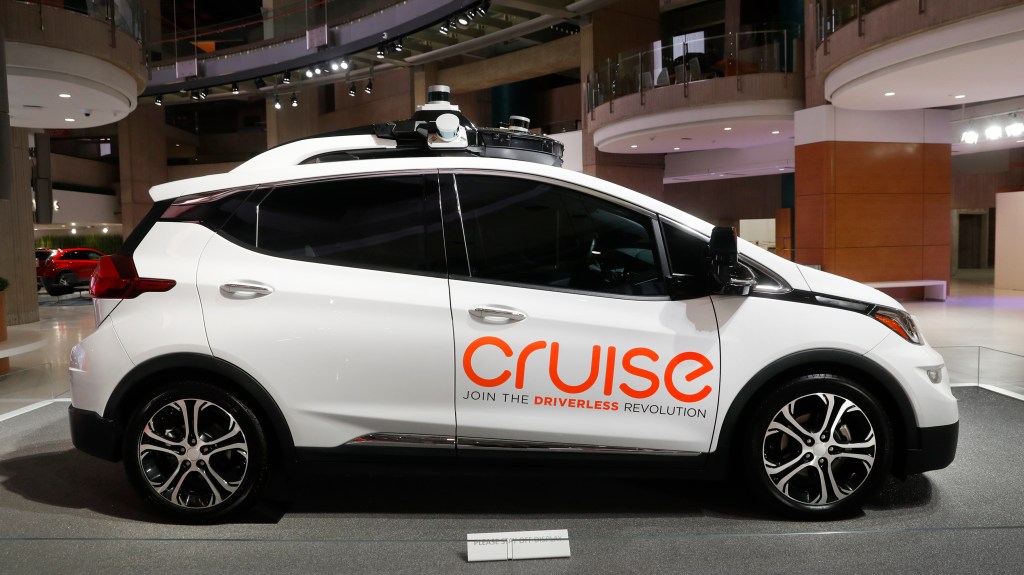General Motors Cancels Driverless Taxi Initiative
General Motors (GM), one of the leading automobile manufacturers in the United States, has announced the discontinuation of its driverless taxi project following a problematic incident last year.
Since 2016, GM has invested over $10 billion into its Cruise robotaxi initiative, a key focus for the company. However, in light of recent developments, the firm revealed on Tuesday a strategic shift towards enhancing advanced driver assistance systems for personal vehicles.
The decision comes after a serious accident involving a Cruise driverless Chevrolet Bolt hatchback, which dragged a pedestrian in San Francisco 20 feet after a collision with another vehicle. This incident prompted GM to reduce its budget for the project prior to the ultimate decision to halt it.
During a call with analysts, CEO Mary Barra mentioned that the substantial time and resources required to build the robotaxi business, coupled with escalating competition in the market, led to this conclusion. She emphasized that while GM is stepping away from the robotaxi sector, the company maintains a steadfast commitment to autonomous technology.

Following the San Francisco crash in October, authorities suspended Cruise’s driverless testing permit in California, resulting in the cancellation of expansion plans to other states as well as a workforce reduction of 900 employees, representing 25% of its staff.
The California Public Utilities Commission also accused Cruise of withholding details about the incident for an extended period.
Recently, Cruise acknowledged that it submitted misleading information during a federal investigation, leading to a $500,000 fine as part of a deferred prosecution agreement with the Department of Justice.
GM’s retreat from the driverless taxi arena mirrors a similar withdrawal by Ford Motor Company, which dismantled its Argo AI autonomous vehicle partnership with Volkswagen two years earlier.
The restructuring at GM is anticipated to reduce spending from approximately $2 billion to $1 billion by June 2025.
After a rise in late trading on Tuesday, GM shares fell by $0.71, or 1.4%, closing at $52.03 on Wednesday, bringing the company’s market valuation to $57.2 billion.
Globally, traditional automakers have faced challenges in balancing substantial investments in autonomous driving technology with the necessity for immediate profitability.
With GM’s exit from the driverless taxi field, Google’s Waymo emerges as the leading player in the market.




Post Comment